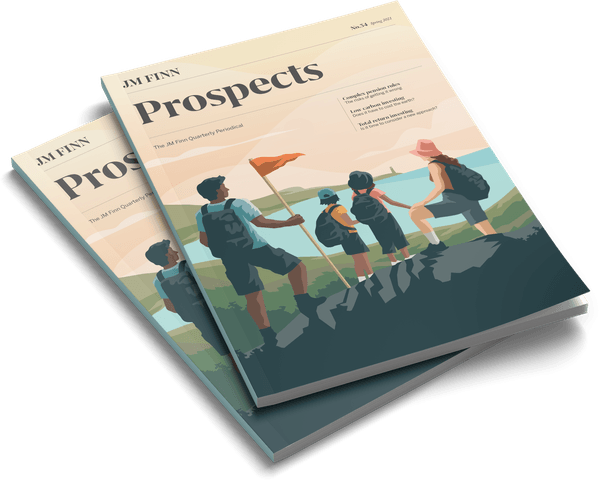One of the simplest ways of reducing an exposure to Inheritance Tax (IHT) is to make lifetime gifts. However, generally speaking, if a donor then fails to survive 7 years the gifted assets remain in the deceased's estate for IHT purposes.
One way in which clients can avoid this 7 year survivorship requirement is to make gifts out of surplus income. This is an extremely important IHT exemption that is frequently overlooked.
Gifts out of surplus income are exempt from IHT if they fall within the 'normal expenditure out of income' (NEOI) statutory exemption. Firstly, a calculation should be done to quantify the level of surplus income that exists. This can be achieved by comparing annual net income from all sources (e.g. employment income, dividend income, rental income) against typical living costs and annual expenditure. This is an important exercise as HMRC will want to see detailed schedules of all income and expenditure as and when a claim has to be made.
The next step is to put in place a regular pattern of gifting using some or all the surplus income identified. It is important that gifts are not seen as 'one-off' as they need to become incorporated into the donor's 'normal expenditure'. Typically, we see clients setting out an intention in writing to make annual (or more regular if preferred) gifts to one or more individuals of £x or x% of their surplus income. There must be an intention at the outset to enter into a series of gifts but the pattern of gifting does not have to go on indefinitely and, if the donor's circumstances change (for example, because there is a drop in their income) then it is acceptable for the pattern of gifting to cease. Lastly, it is also important to be able to show that the donor's standard of living has not changed as a result of making regular gifts out of surplus income. HMRC will deny NEOI claims where the donor had to resort to capital to meet their normal living expenses.
Trusts play a hugely important part in sensible estate planning as they offer improved asset protection as compared to outright gifts.
Some clients may want to consider making use of the NEOI exemption in conjunction with regular contributions to a Trust. Trusts play a hugely important part in sensible estate planning as they offer improved asset protection as compared to outright gifts. Since 2006, one of the big limitations on Trusts has been the existence of a 20% 'entry charge' to IHT on any value transferred into trust exceeding the donor's nil rate band allowance (currently £325,000) in any 7 year period. If Trusts are funded from surplus income then there is scope to fund the structure with significant value without triggering the IHT entry charge which can otherwise become payable.
One of the great benefits of the NEOI exemption is that it is not subject to upper or lower limits on value. We have seen successful claims ranging from very small sums through to gifts worth several million pounds each year. Each case turns on its own facts with the limiting factor being the amount of surplus income available to the individual donor in question.
To stand the best chance of making a successful NEOI claim it is imperative to make sure records are kept and there is a proper paper trail in place. In most instances, a claim is only submitted to HMRC following death so any information that can be left for executors in the form of records, schedules and letters of intention is helpful. The only occasion when a NEOI needs to be reported during lifetime is where a donor has funded a trust with surplus income at a level that is in excess of their available nil rate band allowance.
For clients with the correct income profile, the NEOI exemption should be incorporated into their overall estate planning strategy. The exemption is generous and may not be around forever. The Office of Tax Simplification issued a report in 2019 suggesting that the government should implement an overhaul of the current IHT system. One of the suggestions was that various lifetime exemptions and reliefs should be abolished (including the NEOI exemption) and replaced with an overall personal gifts allowance which would allow an individual to make IHT exempt gifts up to a fixed amount each year. With that in mind, make use of the NEOI exemption whilst you can!
This article is of a general nature and does not constitute specific advice. It is recommended that you seek advice from a qualified professional, which can be tailored, to your personal circumstances.
James Radcliffe,
Partner Womble Bond Dickinson (UK) LLP
E: James.Radcliffe@wbd-uk.com
T: 0345 415 0000
Illustration by Jordan Atkinson




